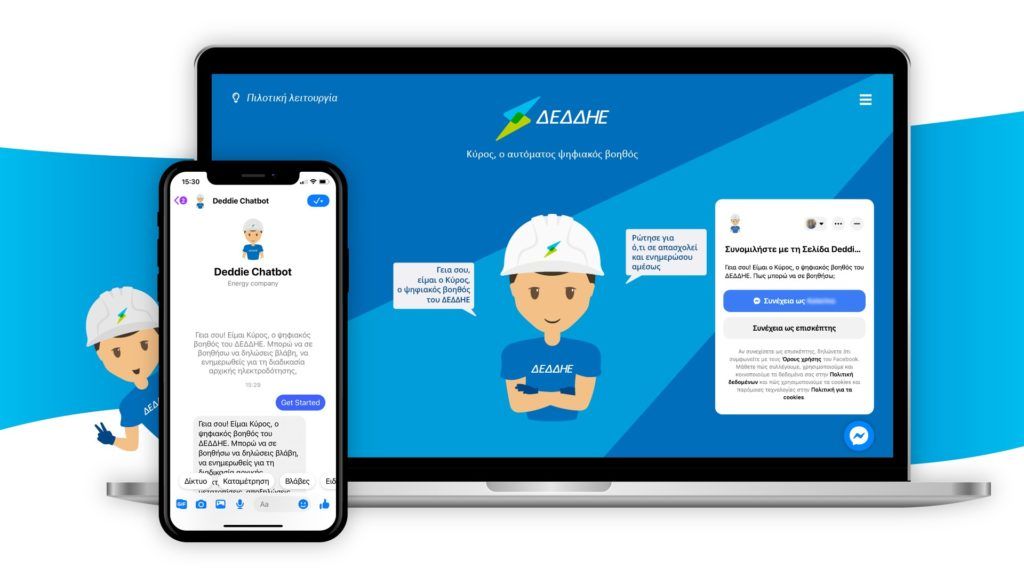The Pythia Project: A Game Changer for Chatbot Technology
A new project has launched in Greece that looks to develop a novel platform for creating intelligent agents by using natural language processing and artificial intelligence (AI) for the public and private sector.
Dubbed Pythia (Personalized natural language electronic communication and transaction channels through Intelligent Agents), the project capitalizes on the momentum of chatbots – intelligent agents that adapt human conversations and build on the new generation of the internet.
Currently in its research phase, the Pythia project is expected to develop a new generation of electronic communication and transaction channels to provide personalized digital services accessible to all, eliminating social exclusion and digital divide.
The primary objective of the project is to significantly improve the functionality of bots in terms of quality of communication with end users and the level of provided services, developing a specialized understanding infrastructure comprehending the Greek language.

The chatbot of the Hellenic Electricity Distribution Network Operator SA (HEDNO) powered by Crowdpolicy.
One of the unique features of Pythia is its ability to learn and adapt over time. The more it interacts with users, the more it learns about the types of questions that are being asked and the best way to answer them. This means that over time, Pythia will become even more accurate and helpful.
The project is named after the “Pythia” of ancient Greece, who was a priestess at the Temple of Apollo. She was renowned for her ability to provide accurate and insightful predictions about the future. Similarly, the Pythia chatbot aims to provide accurate and insightful responses to complex inquiries.
Partners of the project to adopt research results in four sectors
The project is coordinated by the University of the Aegean and sees the collaboration of seven parties: two research organizations (University of the Aegean, University of Patras), four companies (SoftOne Technologies AE, Crowdpolicy, National Bank of Greece, Greek Travel Pages) and a public organization (General Secretariat of Information Systems).
Pythia’s research results will be adopted and evaluated through applications in four sectors of high importance for the Greek economy (business transactions, banking, tourism, public services).
Partner organizations operating in the above sectors will utilize Pythia tools to create a fresh range of innovative interactive multimodal services, either by transforming existing or designing new ones. These services will be created towards their B2C (Business to Clients), B2B (Business to Business) and/or B2E (Business to employ) users and will be offered seamlessly through the bot, which will guide the user in all the steps of operation. The resulting services will comprise of exclusive partner-provided services (such as information services) and sophisticated services that integrate the interaction between two or more third-party systems (such as transaction execution).
Use of NLP technologies
The development of the infrastructure will be based on the use of natural language processing (NLP) technologies, combined with the application of machine learning techniques and the incorporation of Discourse Analysis and Reasoning. The integration of these research prototypes, on a single platform, supports the operation of the new business model “Bots-as-a-Service: and its commercial exploitation”.
The Pythia research project period started last December and will end on November 30, 2023. The project is carried out with funds from the “Competitiveness, Entrepreneurship, Innovation – Round B” operational program.







